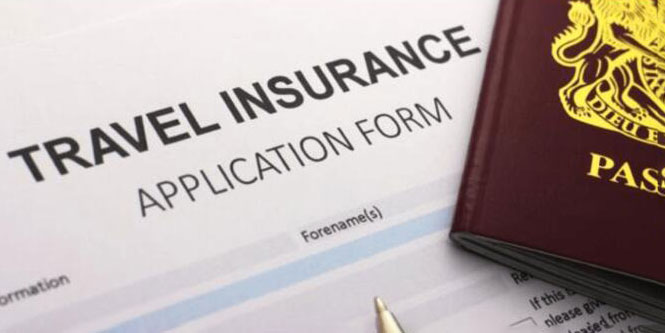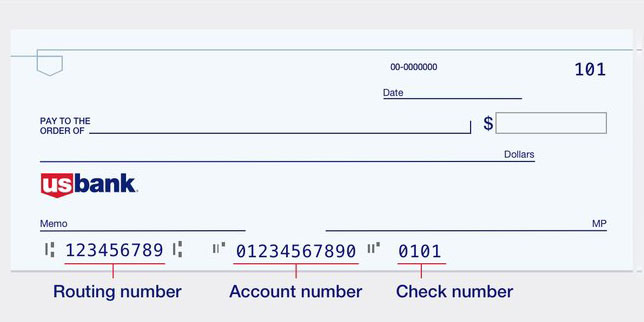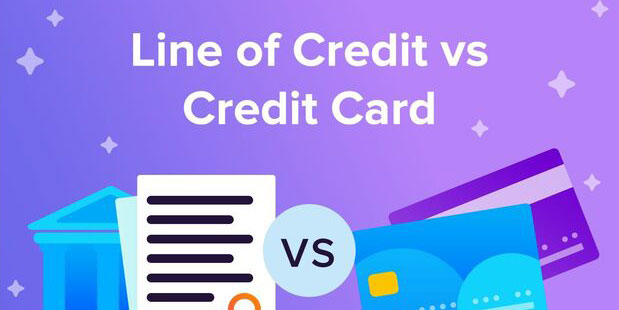Comparison Between: Line of Credit vs. Credit Card
Introduction
Regarding managing your financial needs, two options available are a Line of Credit (LOC) and a Credit Card. Both credit options allow you to borrow money for a predetermined period at an agreed-upon interest rate. Still, several key differences between them should be taken into consideration when making a decision about which one is best for you. This blog post will compare these two credit options in terms of their features, benefits, and drawbacks.
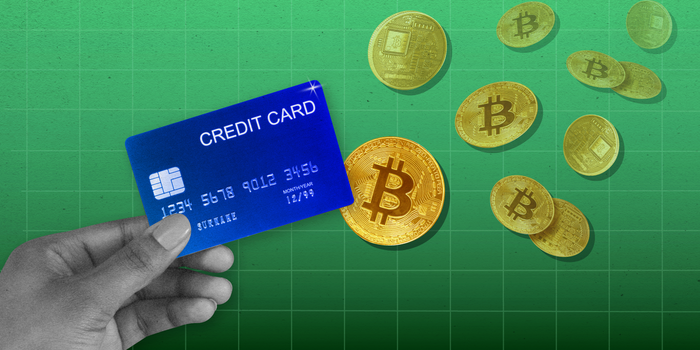
Features
- Line of Credit: A line of credit allows you to borrow funds up to a certain limit and make payments as needed over time. It typically has lower interest rates than other forms of borrowing, such as personal loans or credit cards. You can use your funds for whatever purpose, including making large purchases or consolidating debt.
- Credit Card: A credit card is a short-term loan that gives you access to a predetermined spending limit. You must make at least the minimum payment amount due monthly to maintain your credit limit and avoid late fees. Interest rates vary depending on the card type and your credit score but are typically higher than those offered with a line of credit.
Benefits
- Line of Credit: One advantage of a line of credit is that it can be used for multiple purposes, such as consolidating debt, paying off large purchases, home improvement projects, and more. It also offers flexibility in repayment terms and lets you access funds quickly when needed. Unlike a loan, you can pay off the balance without penalty.
- Credit Card: A credit card is usually the easiest way to finance large purchases or make payments on recurring expenses. You also have the opportunity to earn rewards such as cashback or travel miles each time you use it. Additionally, a credit card can help build or maintain your credit score over time if you can keep your monthly balances low.
Drawbacks
- Line of Credit: The major drawback of a line of credit is that interest rates may be higher than those offered with other forms of borrowing, such as personal loans or mortgages. Also, if you don't manage your payments carefully, it can be easy to max out your credit limit and run up high amounts of debt.
- Credit Card: Credit cards come with several potential drawbacks, including high-interest rates, fees for late payments or exceeding your credit limit, and a lack of flexibility when it comes to repayment terms. Additionally, if you don't use them responsibly, they can quickly lead to an unmanageable debt that is difficult to pay off.
What to Choose: Line of Credit or Credit Card?
When deciding between a line of credit vs. credit card, it's important to consider your needs, goals, and financial situation. A line of credit provides access to funds on an ongoing basis with flexible payment options and lower interest rates than a credit card. On the other hand, a credit card offers convenience and rewards along with higher spending limits.
If you need funds quickly or plan on using them over time, then a line of credit may be right for you. Lines of credit often offer fixed payments that are easier to manage than variable payments associated with a credit card. You can also withdraw money from your line of credit as needed; however, this will result in higher interest costs since these loans typically have higher annual percentage rates (APR).
Credit cards offer the convenience of making purchases with a single card and are often associated with reward programs. They also generally have higher spending limits and lower interest rates than lines of credit, so they can be advantageous if you plan to carry a balance. Credit cards also come with more protections, such as fraud protection and zero liability policies that may not be available with a line of credit.
Ultimately, your choice depends on your needs, goals, and financial situation. If you need access to funds quickly or frequently, then a line of credit might be best. However, a credit card may be more suitable if you prefer rewards and more protection. Ultimately it's important to shop around and compare options to find the best rate and terms for your situation.
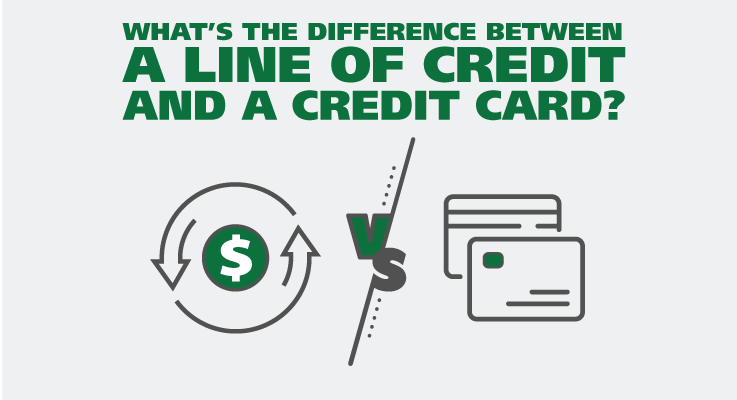
Conclusion
When deciding between a line of credit and a credit card, the choice will depend on what best meets your financial needs and goals. A line of credit may be the better option if you need access to funds quickly and want flexibility in making repayments. In contrast, a credit card may be better if you want to make large purchases or consolidate debt at lower interest rates. Ultimately, it's important to weigh the features and benefits of each option before making a decision.
That concludes our comparison between Line of Credit vs. Credit Card—we hope this blog post helped shed some light on the differences between these two credit options and gave you insight into which one might be best for you. Thanks for reading! Be sure to check back in with our blog soon for more helpful advice on all things finance-related.



